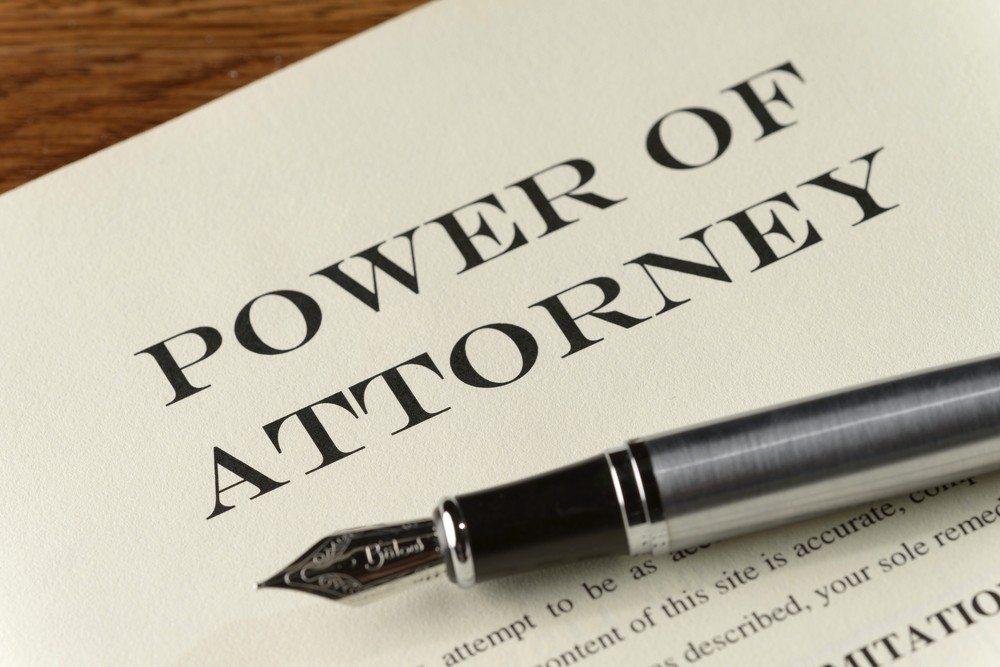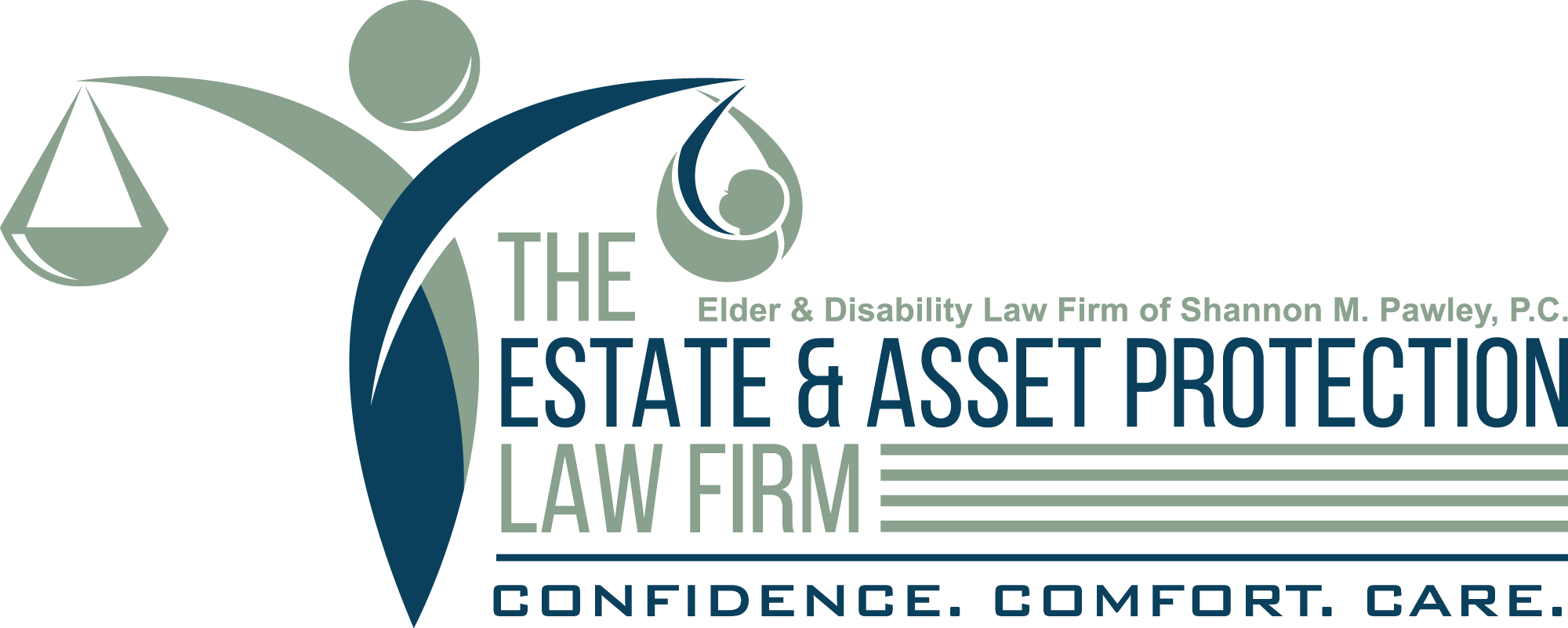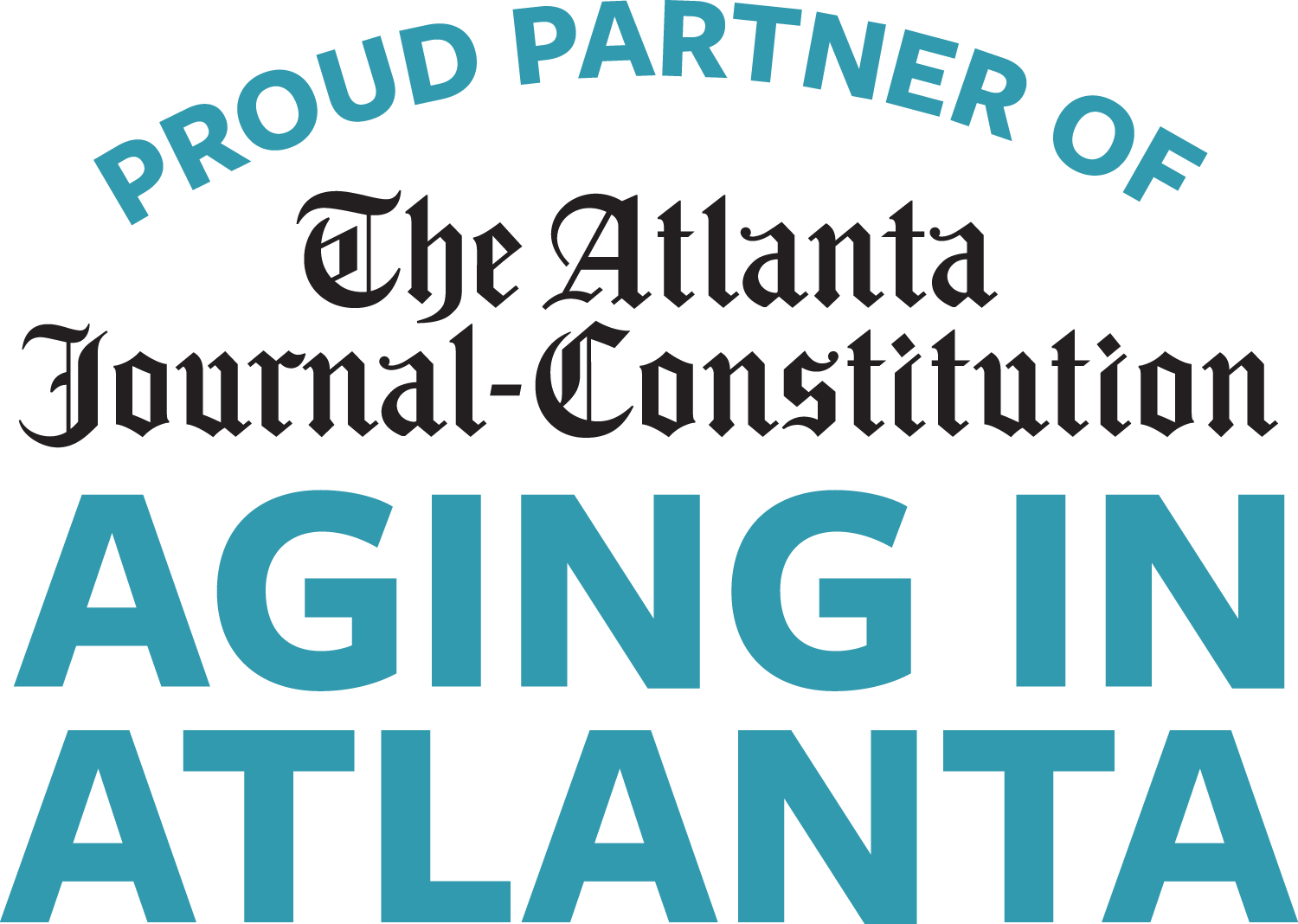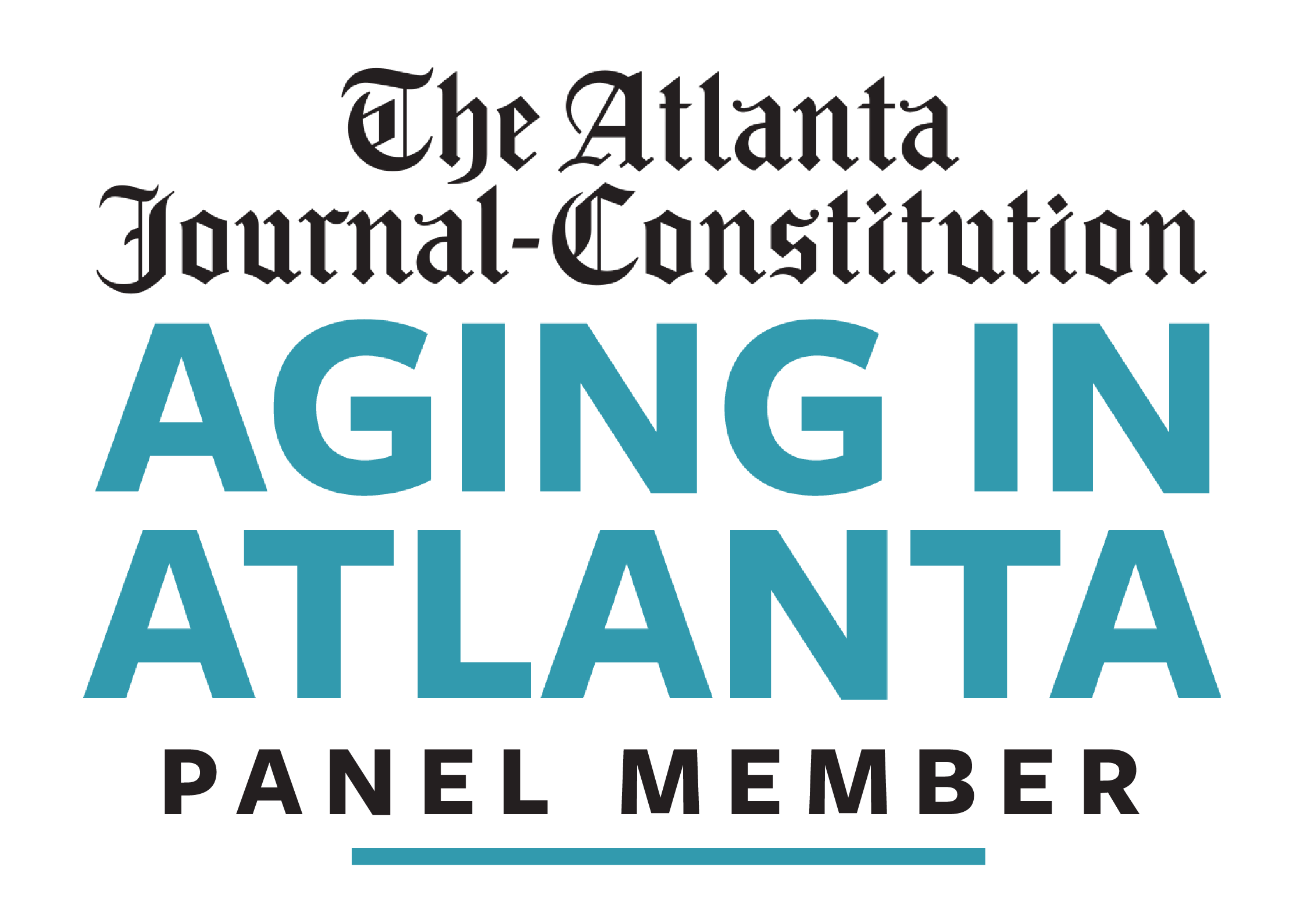The Risks Anyone 18+ Takes By Not Having Powers Of Attorney

Most people don’t think about Powers of Attorney until something goes very wrong. Usually, that is too late. The value of assigning Powers of Attorneys for anyone who is 18 years of age and above is invaluable. And the risks of not having them are greater than you can imagine.
So, if I were giving out instruction manuals at birth, there would be a section for when anyone turns 18, speaking specifically for the need to have Powers of Attorneys drawn up. It would be as mandatory as having a driver’s license. But, I don’t have that role, so my best effort is to educate my clients, prospective clients, and anyone who asks about the importance of having this legal document in place before a need for it arises. And if the need never arises, so much the better.
A Most Powerful Legal Document That Concerns Itself With Your Desires
Aging and dementia are not the only reasons to have a Power of Attorney. Accidents happen every day in our world, to people of every age. When children under the age of 18 are in an accident or become ill, his or her parents or legal guardians make important decisions regarding their medical care. But once a person turns 18, they are legally an adult and if something were to happen to severely impair their cognitive abilities, not even their parents would be allowed to legally intervene and make decisions on their behalf.
The power of attorney is a powerful legal document. What makes it so powerful and important is that it gives tremendous authority to another person. Depending on the type of Powers of Attorney you have assigned, this person could have the right to access your bank accounts and to make decisions for you. Because this person does have a great deal of authority, you must be very judicious in making such an important decision. It is especially important and essential document to have when a loved one is in declining health.
Types of Powers of Attorneys
When someone agrees to be your power of attorney and you draw up legal documents, that person who can act on your behalf is called your “agent” or in some places, “attorney-in-fact.” There are different types of Powers of Attorneys, and it’s helpful to know which ones your state allows for, and which one best serves your specific requirements. Requirements may change over the years, so it is important to review and update from time to time.
Specific Powers of Attorney limit your agent to handling only certain tasks, like paying bills or selling a house, and generally on a temporary basis.
General powers of attorney give your agent broad authority. They can step into your shoes and handle all your legal and financial affairs.
These documents can end that authority at the time you become incapacitated.
Durable powers of attorney may be limited or give your agent broad authority to handle all your legal and financial affairs, but your agent keeps the authority even if you become physically or mentally incapacitated. This means that your family may not have to ask for a court to intervene if you have a medical crisis or have severe cognitive decline such as late-stage dementia. And don’t be fooled by the name: Late-stage dementia can happen to people who are not technically of advanced age.
Sometimes, medical decision-making is included in a durable power of attorney for health care. This may be addressed in a separate document that is solely for health care, like a health care surrogate designation.
What Happens Without Legal Powers Of Attorneys
The risk you take by not having an assigned Power of Attorney and something were to happen, like a serious illness or an accident that leaves you incapable of making decisions and taking care of your obligations are many. You could lose your home, your credit rating, your basic services could be shut off. The only recourse available if a person is not competent to sign legal documents may be a court procedure known as guardianship or conservatorship. These are very expensive and time-consuming procedures that can be contested by any family member who doesn’t agree. In this scenario, assets can be depleted quickly. And the loved one who is incapable may not have a say in deciding who the court appoints to make decisions on his or her behalf. That’s a very risky position to be in.
All It Took Was One Pandemic
When COVID-19 was designated a global pandemic a little over a year ago, suddenly people were becoming seriously ill and incapable of communicating their desires prior to dying. Many people who died of COVID-19 did not have Powers Of Attorneys in place. The loved ones left behind have had to deal with legal issues as well as the sudden unexpected deaths. Please don’t delay making this important decision. Call our office today to discuss the process and to get this important legal document drawn up.
Looking to find an experienced estate lawyer in the Georgia area who is skilled in asset protection and estate plan preparation? Shannon Pawley is an attorney in Georgia with expertise in estate planning and asset protection. Shannon can provide assistance with creating an estate plan to include making a will and how to establish a trust properly. If you have questions about asset protection or questions about making an estate plan, reach out to Shannon and she will be glad to help answer all the estate planning questions you might have!







